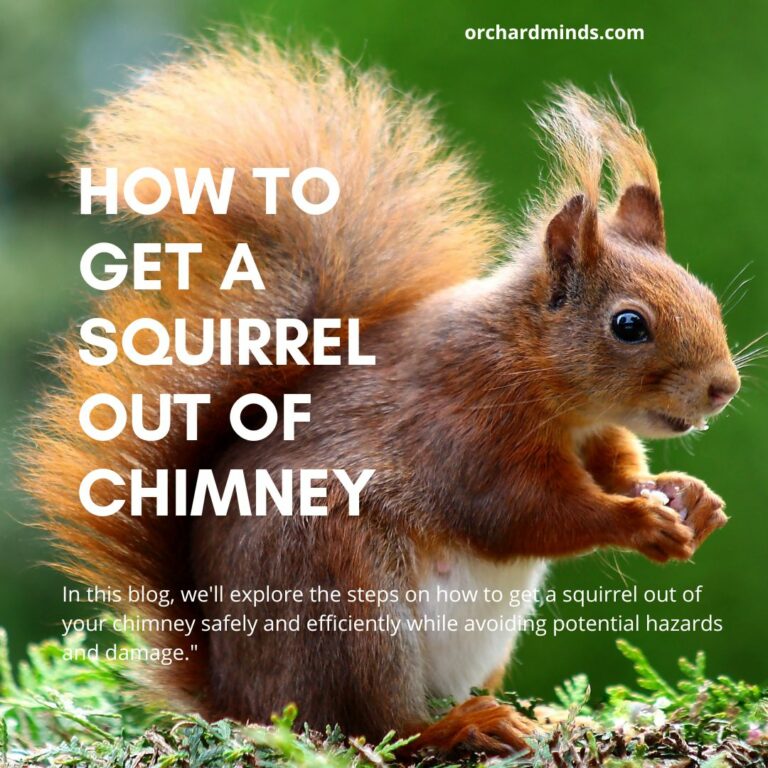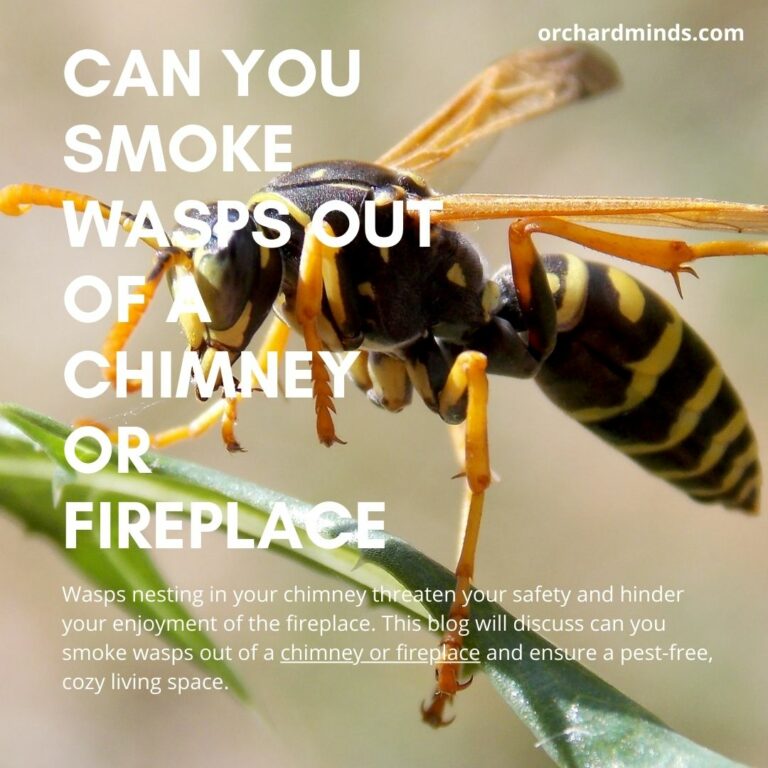The cozy ambiance of a crackling fire in your fireplace can quickly turn into a nightmare if unwanted pests like flies, birds, or insects find their way into your home through the chimney. Not only can these pests disrupt your peaceful evenings by the fire, but they can also pose health and safety risks. In this blog, we’ll understand Can flies come in through the chimney or fireplace and explore ways to prevent flies and other pests from entering your fireplace and chimney, ensuring you can enjoy your fire without any unwelcome visitors.
Can flies come in through the chimney or fireplace? The Question
Yes, flies come in through the chimney or fireplace. Flies, birds, and insects are attracted to chimneys and fireplaces for various reasons. They often mistake the chimney for a potential nesting spot, while flies are drawn to the warmth and light of a fire. These pests can enter through the chimney and cause a multitude of problems, from clogging the flue to creating an unpleasant indoor environment.
Regular Chimney Maintenance
One of the best ways to prevent pests from entering your home through the chimney is to schedule regular chimney sweeps. A professional chimney sweep can remove any nests, debris, or obstructions that may be attracting pests. Regular maintenance not only keeps your chimney safe but also ensures it functions appropriately.
Install a Chimney Cap
A chimney cap is a simple yet effective solution to prevent pests from entering your chimney. These caps are fitted over the chimney’s top, providing a barrier against unwanted intruders like birds and flies. Make sure to choose a cap with mesh to keep insects out while still allowing smoke to escape.
Seal the Fireplace
When your fireplace is not in use, keep it tightly sealed. You can use a glass door or a fireplace cover to achieve this. By closing the fireplace, you not only prevent pests from entering but also conserve energy by stopping drafts.
Burn Seasoned Firewood
Using correctly seasoned firewood is a crucial step in pest prevention. Insects like beetles and ants are naturally attracted to damp or decaying wood, making them more likely to infest your fireplace. Seasoned firewood is wood that has been dried for an extended period, reducing its moisture content. This not only makes it less appealing to pests but also ensures a cleaner and more efficient burn. To season firewood, split logs and store them in a dry, well-ventilated area for at least six months to a year before using them in your fireplace.
Keep the Damper Closed
When your fireplace is not in use, always remember to close the damper. The damper is a movable plate located in the chimney or flue that controls the airflow. Closing it when the fireplace is not in operation serves two essential purposes. First, it prevents pests from entering your home through the chimney. Second, it helps maintain the indoor temperature by preventing warm air from escaping and cold air from entering, which can result in energy savings.
Address Any Cracks or Gaps
Carefully inspect the area around your fireplace and chimney for any cracks, gaps, or holes that could serve as entry points for pests. Even the smallest openings can provide an avenue for flies, birds, or insects to find their way inside your home. Seal these openings promptly to create a barrier against unwanted intruders. Heat-resistant sealants are ideal for this purpose, as they can withstand the high temperatures generated by the fireplace. If you’re unsure about the structural integrity of your chimney or fireplace, consider consulting a professional for a thorough inspection and any necessary repairs.
Professional Pest Removal
If you suspect that pests have already made their way into your chimney or fireplace, it’s essential to take swift action. Contact a pest control professional who specializes in dealing with chimney and fireplace infestations. They have the expertise and tools required to safely remove any unwanted guests, whether it’s a bird’s nest, a beehive, or a colony of insects. Additionally, these professionals can assess the situation to identify any vulnerabilities that need to be addressed to prevent future infestations.
A fireplace can be an excellent addition to any home, providing warmth and a cozy atmosphere. However, to fully enjoy your fireplace without the nuisance of flies, birds, or other pests, it’s crucial to take preventive measures. Regular chimney maintenance, the installation of a chimney cap, sealing the fireplace when not in use, and addressing any structural issues are vital steps in keeping your home pest-free and your fireside experiences enjoyable. By following these tips, you can ensure that your fireplace remains a source of comfort and relaxation, free from unwelcome intruders.
FAQS about Can flies come in through chimney or fireplace
Why do pests like flies and insects enter chimneys and fireplaces?
Pests are attracted to chimneys and fireplaces for various reasons. Flies are drawn to the warmth and light of a fire, while birds may see the chimney as a potential nesting spot. Insects, on the other hand, are often attracted to damp or decaying wood, which can be found in fireplaces if you don’t use properly seasoned firewood.
How can I prevent pests from entering my chimney and fireplace?
There are several preventive measures you can take:
Burn seasoned firewood to reduce insect attraction.
Keep the damper closed when the fireplace is not in use.
Seal any cracks, gaps, or holes around your fireplace and chimney.
Install a chimney cap to keep birds and debris out.
What is seasoned firewood, and why is it important?
Seasoned firewood is wood that has been dried for an extended period, typically six months to a year. It’s essential because it has a lower moisture content, making it less attractive to insects and producing a cleaner, more efficient burn in your fireplace.
How can I tell if I have pests in my chimney or fireplace?
Signs of infestation may include strange sounds or chirping from the chimney, a sudden increase in flies indoors, or visible nests or debris in the chimney. If you suspect an infestation, it’s best to contact a pest control professional for an inspection.
Can I use insecticides to prevent pests in my chimney?
It’s generally not recommended to use insecticides or chemicals inside your chimney or fireplace, as they can release harmful fumes when burned. It’s safer and more effective to take preventive measures such as sealing gaps and using seasoned firewood.




1 Comment